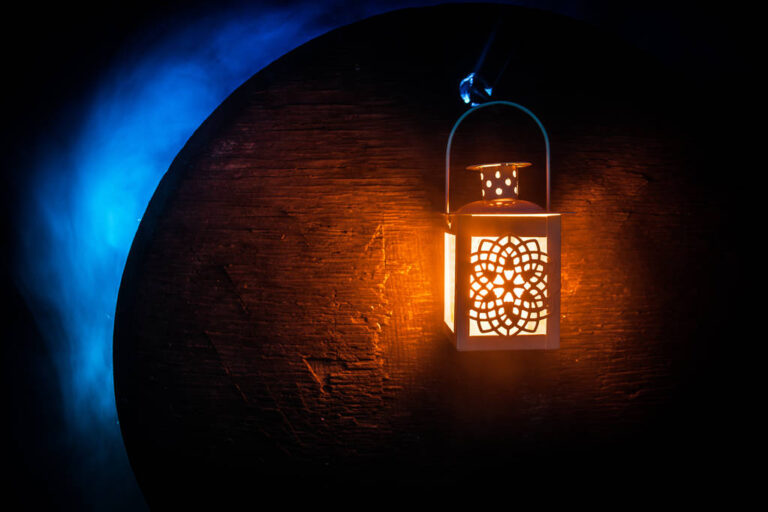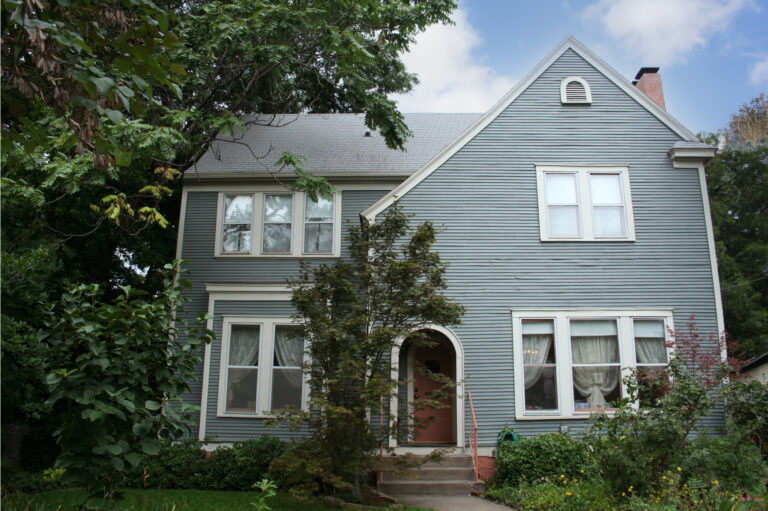Location: The location of a haunted house can greatly impact its value. Factors such as the desirability of the neighborhood, proximity to amenities like schools, shopping centers, and transportation, and the overall demand for housing in the area all play a role in determining its market value. Additionally, consider the local real estate market conditions, including trends in property valuation and the level of competition among buyers.
Historical or cultural significance: Some haunted houses possess historical or cultural significance, which can positively influence their market value. If the property has a rich backstory or is associated with notable events or figures, it may attract buyers who appreciate the heritage and uniqueness of such properties. In such cases, the historical or cultural value can contribute to a higher valuation.
Condition and renovation potential: The condition of the haunted house is an important factor in determining its value. Conduct a thorough inspection of the property to assess any structural issues, maintenance requirements, or repairs needed. Evaluate the potential for renovation or improvement projects that can enhance the property’s appeal and value. Keep in mind that the cost and feasibility of renovations will impact the overall investment and potential return.
Stigmatized property disclosure laws: In some jurisdictions, there are laws that govern the disclosure of stigmatized properties, which may include houses reputed to be haunted. These laws vary, so it’s crucial to familiarize yourself with the legal requirements in your specific area. It’s essential to understand your obligations as a seller or landlord and ensure compliance when disclosing any haunting-related information to potential buyers or tenants.
Market demand: Before investing in a haunted house, thoroughly research the market demand for such properties in your target area. Determine if there is a viable market of buyers or renters specifically interested in haunted houses. Understanding the level of demand and potential competition will help you make an informed decision about the property’s investment potential.
Buyer pool and exit strategy: Consider the potential buyer pool for haunted houses. While some buyers may be intrigued by the idea of living in a haunted property, others may be deterred. It’s crucial to identify your target market and ensure there is sufficient demand for the property. Additionally, have a well-defined exit strategy in case you encounter challenges selling the property in the future. This might involve being prepared for a longer selling period or exploring alternative rental options.
Unique marketing and positioning: Selling a haunted house requires unique marketing strategies to attract potential buyers. Consider working with real estate agents experienced in selling unusual or niche properties, as they can help position the property effectively and reach the right audience. Explore advertising opportunities in niche publications or online platforms that focus on haunted properties or paranormal enthusiasts. Emphasize the property’s haunted history, unique features, and potential for creating memorable experiences.
Paranormal reputation and authenticity: The reputation of a haunted house and its authenticity can influence its market value. If the property has well-documented paranormal activity or a strong reputation within the paranormal community, it may attract buyers who are specifically seeking such experiences. However, it’s important to authenticate any claims of haunting through historical records, witness testimonials, or paranormal investigations to add credibility to the property’s haunted status.
Property size and features: The size and unique features of the haunted house can impact its value. Larger properties may have more potential for multiple uses, such as a bed and breakfast, event venue, or tourist attraction, which can increase their marketability and value. Additionally, distinctive architectural elements, historical significance, or unique design features can add to the property’s appeal and potentially raise its valuation.
Rental income potential: Consider the rental income potential of a haunted house if you intend to generate cash flow from the property. Haunted houses can attract paranormal enthusiasts, ghost hunters, or tourists looking for unique experiences. By positioning the property as a haunted vacation rental or offering ghost tours, you may be able to tap into a niche market and generate steady rental income.
Insurance and liability considerations: Insuring a haunted house can be more challenging than insuring a regular property. Some insurance companies may view haunted houses as high-risk properties due to potential liability issues or claims related to paranormal incidents. It’s essential to research insurance options and understand the coverage limitations and requirements associated with haunted properties.
Local regulations and permits: Research local regulations and permits that may apply to haunted houses or properties with potential paranormal activity. Depending on the jurisdiction, there may be specific requirements for operating a haunted attraction, hosting events, or offering guided tours. Compliance with these regulations is crucial to avoid legal complications that could impact the property’s value and your investment.
Maintenance and ongoing costs: Haunted houses may require additional maintenance and upkeep due to their unique characteristics or age. Historic haunted properties, in particular, may have preservation restrictions or require specialized restoration work, which can incur higher costs. Consider the long-term maintenance expenses and factor them into your investment calculations.
Market trends and demand fluctuations: Like any real estate investment, the market trends and demand for haunted houses can fluctuate over time. Stay informed about current market conditions and trends in the niche market of haunted properties. Monitor the level of interest and demand, as well as any shifts in buyer preferences or changes in the perception of haunted houses. Understanding these dynamics will help you assess the potential risks and rewards of investing in such properties.
Emotional appeal and buyer psychology: Haunted houses often evoke strong emotions and intrigue among certain buyers. Understanding the psychology of potential buyers interested in haunted properties can be beneficial. Emphasize the property’s unique story, ambiance, and the potential for personal or paranormal experiences when marketing it. Capturing the emotional appeal of the haunted house can attract buyers who are willing to pay a premium for the unique and memorable aspects it offers.
Investing in haunted houses can be an intriguing endeavor that requires careful consideration and thorough research. To make informed decisions and maximize the value of your investment, it is advisable to seek guidance from professionals with expertise in dealing with unique properties. Real estate agents, appraisers, and legal experts can provide valuable insights and guidance throughout the process.
A knowledgeable real estate agent can assist you in navigating the market and understanding the specific dynamics of buying or selling a haunted house. They can provide information on recent sales, assess market demand, and help determine an appropriate pricing strategy.
An experienced appraiser specialized in unique properties can accurately assess the fair market value of the haunted house. They will consider factors such as location, condition, historical significance, and any associated paranormal reputation to provide an accurate valuation.


